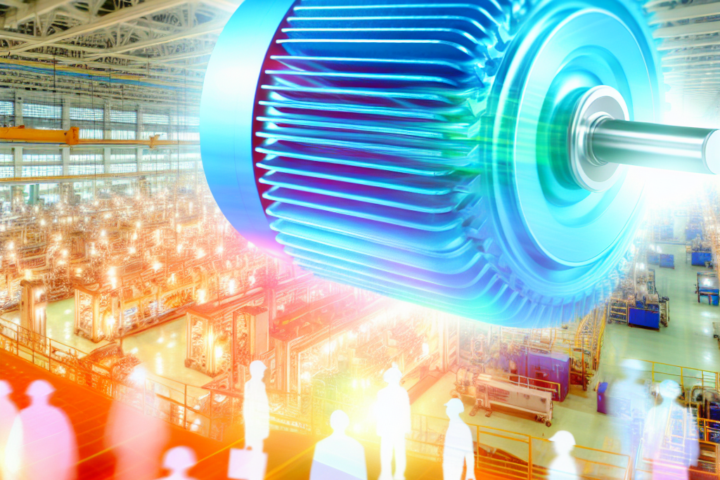The shift towards more sustainable and efficient technologies in various industries is notably marked by the integration of advanced electric motors. These devices are pivotal in transforming the energy landscape, offering significant improvements in operational efficiency and environmental impact compared to traditional engines. Known for their ability to convert electrical energy into mechanical output with high efficiency, electric motors are becoming essentials in sectors such as manufacturing, automotive, and renewable energy.
Enhanced Performance and Sustainability
Electric motors not only contribute to reduced carbon emissions but also enhance energy conservation, aligning perfectly with global sustainability goals. Their low maintenance requirements and fewer moving parts mean less wear and tear, resulting in longer life spans and reduced operation costs. This technology is indispensable in industries seeking to optimize their energy usage and minimize environmental footprints. The seamless integration of electric motors into existing systems allows businesses to upgrade their operations without significant downtime or investment in new infrastructure.
Companies like VYBO Electric are at the forefront of this technological evolution, providing cutting-edge solutions tailored to meet diverse industry needs. Through continuous research and development, VYBO Electric strives to push the boundaries of what electric motors can achieve, emphasizing innovation, reliability, and performance. Investing in such technology is not only a strategic move towards enhanced productivity but also a commitment to environmental stewardship.
As industries continue to navigate the challenges of a rapidly changing environment, the role of electric motors in facilitating a smoother transition to greener technologies becomes increasingly significant. By adopting high-efficiency electric motors, companies are taking actionable steps towards a more sustainable future, demonstrating a responsible approach to global energy challenges. The widespread adoption of this technology is set to redefine industrial standards, paving the way for a more robust and eco-friendly industrial landscape.



